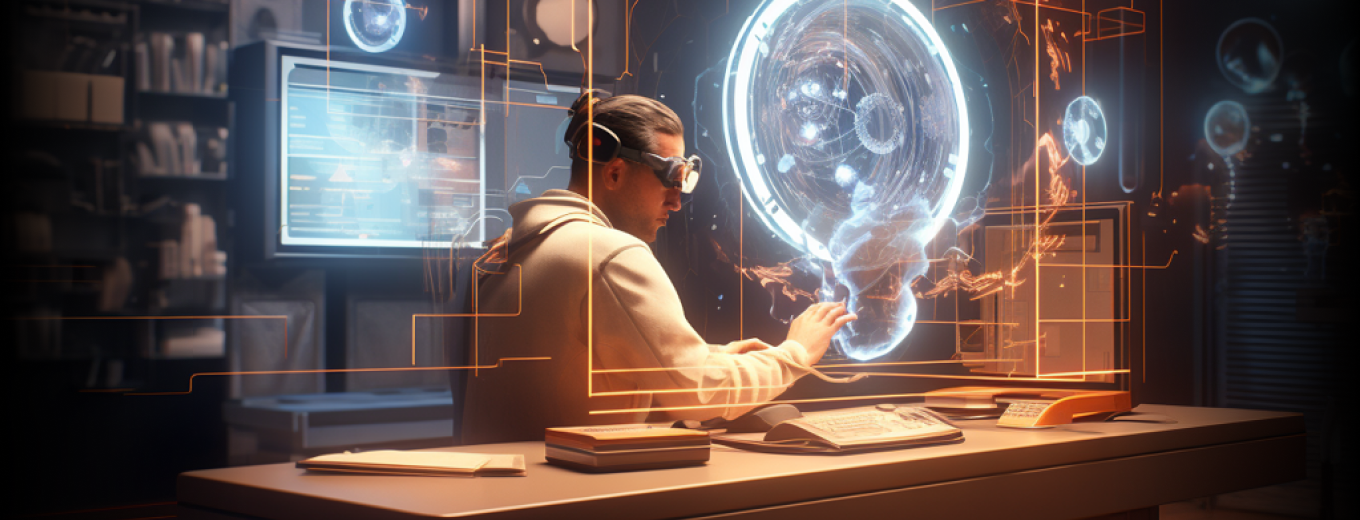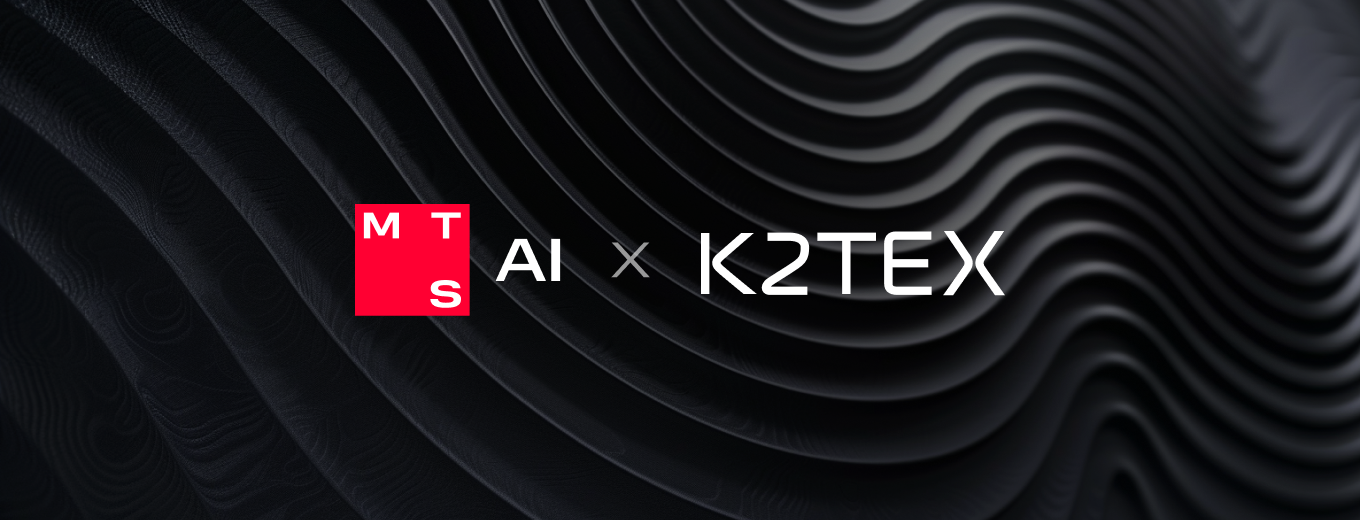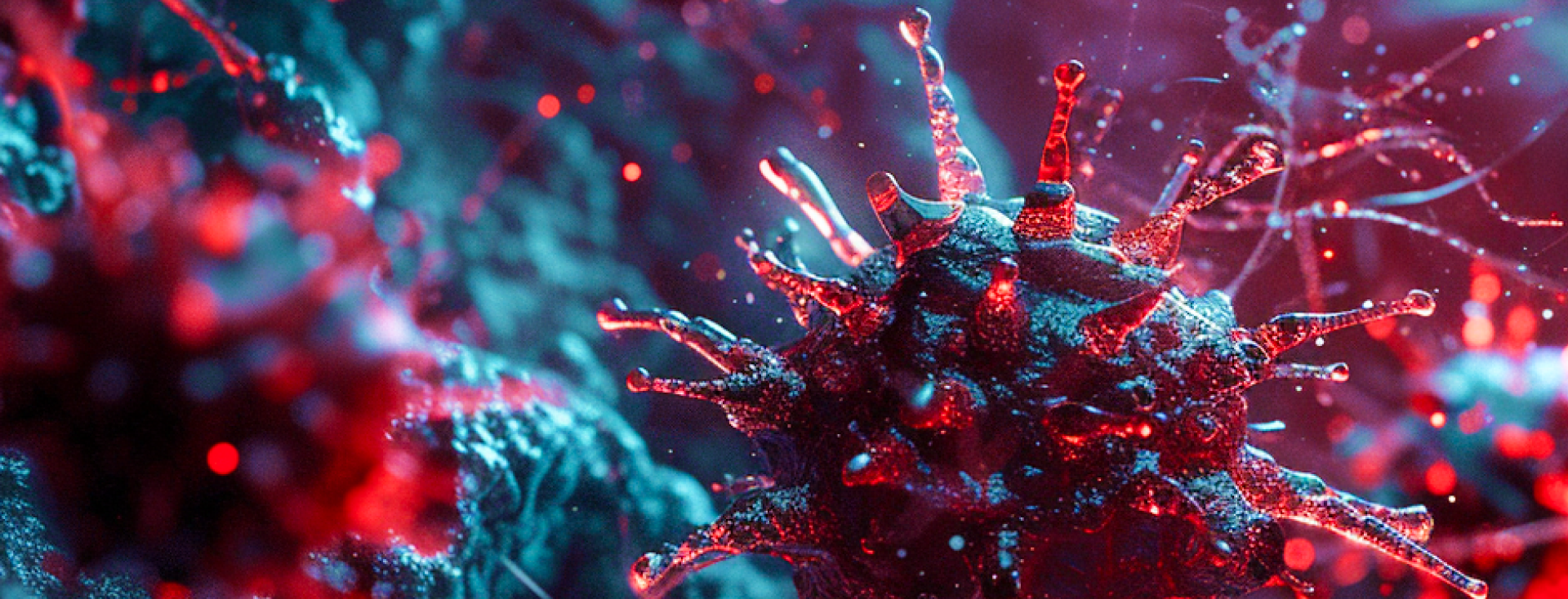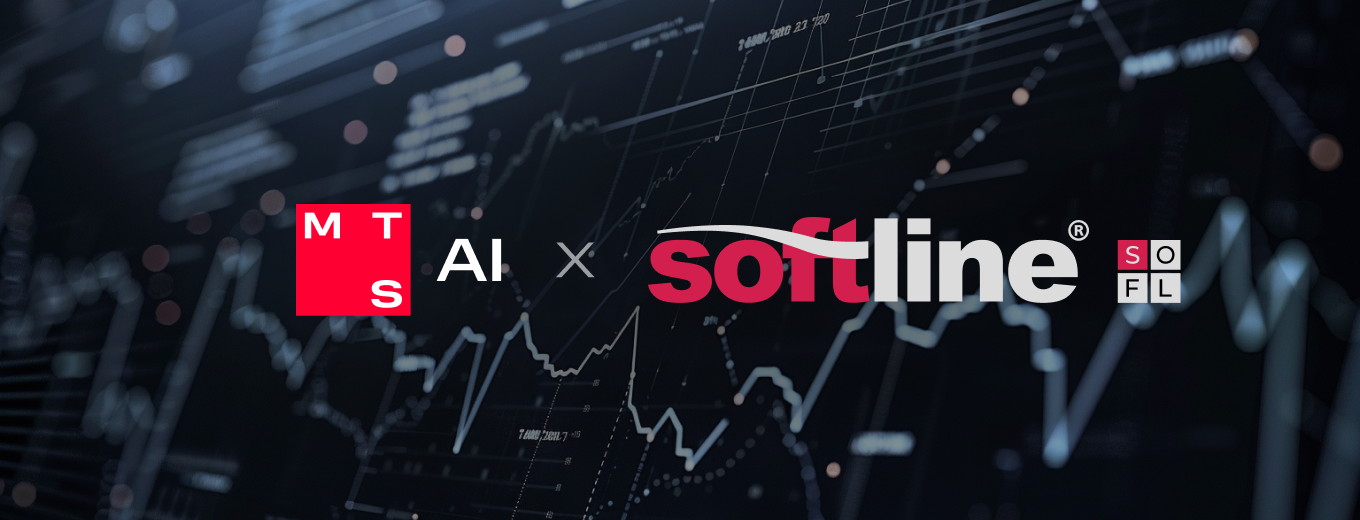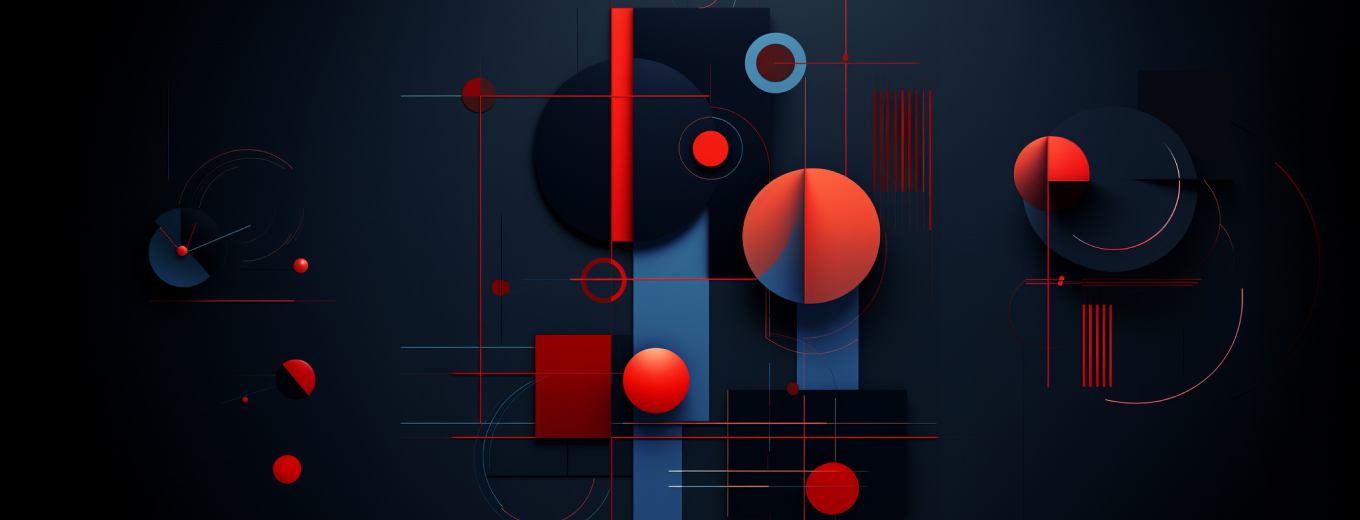In the new issue of #InfocusAI, we will tell you how generative ML models help scientists create new protein structures for medical purposes, why several research funding agencies and scientific journals banned the use of AI for peer review and what expectations are set on smart robots in the fight against loneliness. We also talk about the alternative to the Turing test for assessing AI abilities suggested by the co-founder of DeepMind.
AI-focused digest – news from the AI world
Issue 22, July 6-20, 2023
Mustafa Suleyman proposes new “Turing test” for assessing AI
In the article for MIT Technology Review, co-founder of DeepMind, and now CEO of Inflection AI, Mustafa Suleyman, discussed his proposed new method of artificial intelligence evaluation to replace the Turing test. The Turing test evaluates AI’s sentience by its ability to converse like a human being, and modern generative models can almost successfully handle that already. That’s why we need a new approach that is more in line with the current level of technology development. Mustafa Suleyman proposes to evaluate AI by deeds, not words: whether it is capable of tying together several goals and achieving them. For example, make $1 million on a web platform in a few months with just a $100,000 investment. Of course, all the necessary actions will still require the involvement of humans – to verify, certify and implement, but a significant part of business activity will still be on AI. Passing such a test will mean that the system has achieved the level of so-called “artificial capable intelligence”. Suleyman introduces that term to describe something between basic AI that already exists and stronger AI (artificial general intelligence), also called “superintelligence”, which is expected to arrive somewhere in the distant future. More details on the new test for AI will come soon in Suleyman’s book, The Coming Wave: Technology, Power and the Twenty-First Century’s Greatest Dilemma, which will be released in September 2023.
MIT develops a new AI tool to generate protein structures
Last week, MIT presented to the world another invention based on generative AI — FrameDiff. This is a tool for generating new protein structures (that are not found in nature) for medical and chemistry application, for instance, to create more effective drugs or to use in genetic therapy. Just like earlier tools with the same purpose, FrameDiff uses the diffusion technique – the same one used in generative neural networks like Midjourney. The difference is that MIT’s system doesn’t rely on a pre-trained protein structures prediction model. The experts state that this opens up great opportunities for a fast creation of new structures extending to large lengths. Learn more about FrameDiff in this article at MIT News. The link to the scientific publication is also there. Additionally, you may be interested in a new article in Nature about other AI tools for protein generation.
AI is banned for peer review
Early in July, the Australian Research Council banned the use of AI for research peer review. Shortly before, in late June, the National Institutes of Health in the US took a similar step. Now, experts from these agencies can’t use ChatGPT and similar online tools to review and evaluate grant proposals. The National Science Foundation (US), the European Research Council and other research project funding organizations are also considering restricting AI to peer review. Several journals, including Science, have also banned the use of generative AI for these purposes. The concerns that have prompted the AI ban for peer review seem justified — data privacy, possible errors and bias in models when evaluating non-traditional views, and plagiarism. However, some think that the restriction of AI in reviewing is just another display of technophobia. Read about both points of view in this Science article.
Companion robots to help combating loneliness
Companion robots enhanced with artificial intelligence may help alleviate loneliness, an affliction that might affect a third of the world’s population in the near future, concluded researchers from Auckland, Duke, and Cornell Universities. The study is published in Science Robotics, including the proposed methodology for evaluating the effectiveness of companion robots. Right now, millions of people, mostly elderly, suffer from loneliness; it affects both physical and mental health. Lonely people are particularly prone to obesity, mental illnesses and dementia. Researchers claim that the modern generative AI like ChatGPT is capable of fostering vital social connections with lonely people on a new level unavailable to companion robots of previous generations. It can accompany people over a cup of tea, having spontaneous conversations or even imitating close friends who have passed away. However, researchers emphasize that robots should be seen as a temporary solution to loneliness, while the permanent solution will be the formation of a society that prioritizes social connectedness and eldercare. Read some excerpts from the study and statements from the scientists on the Duke University website.
An AI system for brain surgery is being developed in China
A Hong Kong-based research center under the Chinese Academy of Sciences is developing an innovative robotic system for brain surgery with minimal invasion. It’s based on the artificial intelligence and augmented reality technologies that allow using and precisely controlling a much smaller and flexible instrument. The robot can be used to perform surgery in the center of the brain, damaging 50% less healthy tissue. Clinical trials are planned for next year. For now, the developers are busy with fine-tuning the system and regulatory issues, as well as building relationships with Huawei Technologies to mitigate the risk of computing power shortages due to the US restrictions on exporting Nvidia chips. More info is available on the South China Morning Post.
